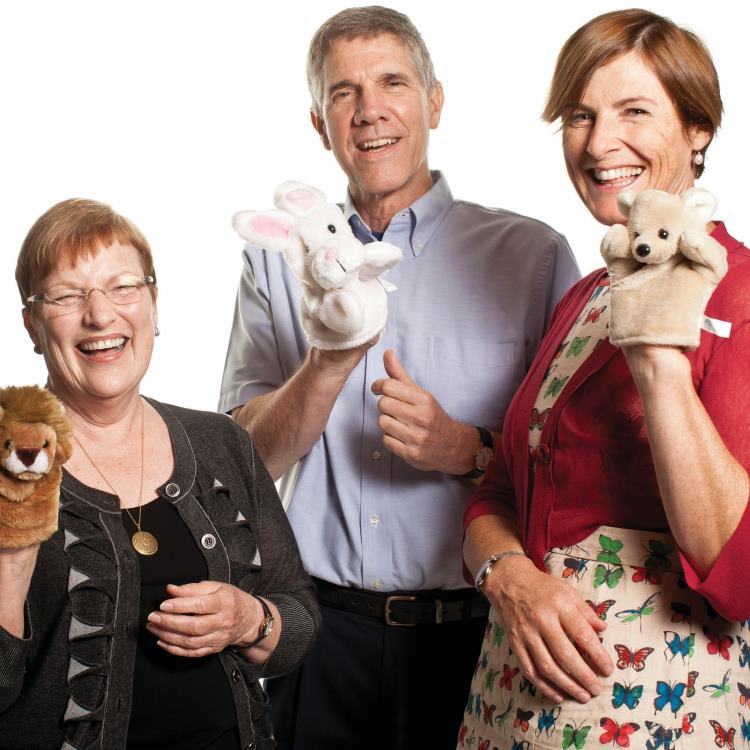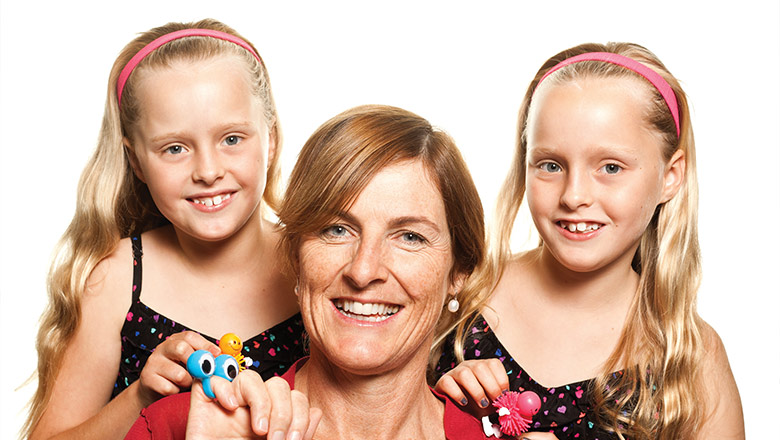Search
Research
Aspects of speech-language abilities are influenced by MECP2 mutation type in girls with Rett syndromeThis study investigates relationships between methyl-CpG-binding protein 2 gene (MECP2) mutation type and speech-language abilities in girls with Rett syndrome.
Research
Prenatal, perinatal, and neonatal risk factors for specific language impairment: A prospective pregnancy cohort studyAlthough genetic factors are known to play a causal role in specific language impairment (SLI), environmental factors may also be important. This study...
Research
The SLI construct is a critical link to the past and a bridge to the futureCommentary on Bishop, D. V. M., Ten questions about terminology for children with unexplained language problems.
Research
Early development of emerging and English-proficient bilingual children at school entry in an Australian population cohortChildren who enter school with limited proficiency in the language of instruction face a range of challenges in negotiating this new context, yet limited...
Research
Factors for Children's Receptive Vocabulary Development from Four to Eight Years in the Longitudinal Study of Australian ChildrenVariation in receptive vocabulary ability is associated with variation in children's school achievement, and low receptive vocabulary ability is a risk...
Research
Associations between clusters of early life risk factors and developmental vulnerability at age 5This study investigated the associations between clusters of early life risk factors and developmental vulnerability in children's first year of full-time school at age 5
Research
How many words are Australian children hearing in the first year of life?These results show that a word gap related to maternal education is not apparent up to twelve months of age
Research
Longitudinal study of language and speech of twins at 4 and 6 years: Twinning effects decrease, zygosity effects disappear, and heritability increasesThis study investigates the heritability of language, speech, and nonverbal cognitive development of twins at 4 and 6 years of age.

News & Events
Landmark language study draws to a close - but the work is just beginningA joint initiative between The Kids Research Institute Australia, The University of Western Australia, the University of Kansas and Nebraska University, it is the world’s only study to conduct such a detailed assessment of language and literacy development from infancy through the formative adolescent years.

News & Events
Looking at languageHearing your child’s first word is a precious moment for any parent but while most children begin to talk within 12 to 24 months of age, some take much longer.
